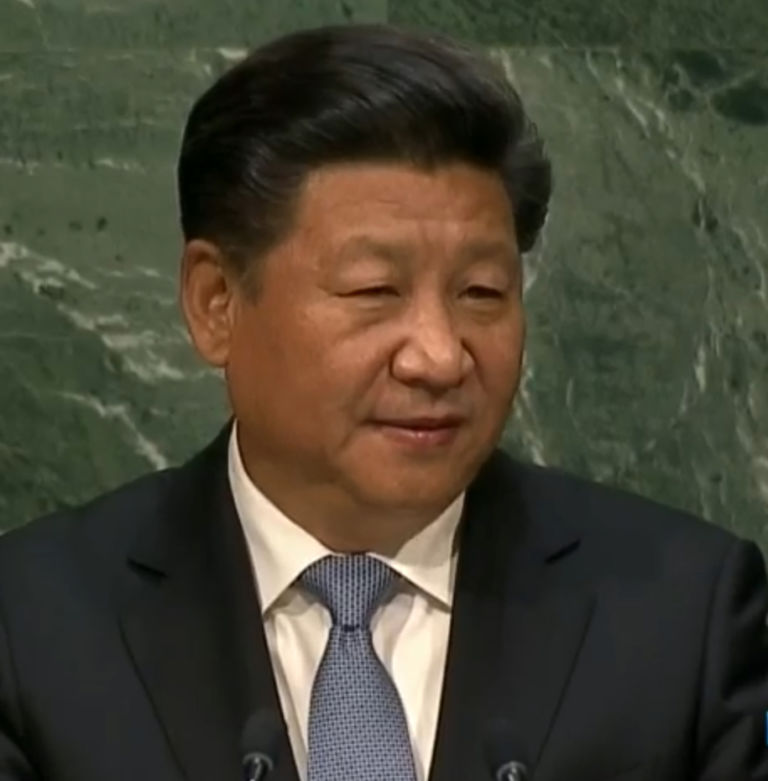Those who have followed closely the arguments for and against using drone aircraft for targeted killings of enemy terrorists might find the latest Commentary magazine cover story interesting. American University international law professor Kenneth Anderson makes a case in favor of a well-defined drone policy.
There is little indication that either the Congress or the president has any appetite for addressing many, if any, of the serious questions. Instead there is grandstanding by Republicans and Democrats alike, grandiloquent speeches on the Constitution, and precious little attention paid to how citizens who have taken up armed conflict and terrorism against the United States should actually be uncovered and dealt with. That’s apart from the propensity of Congress to go AWOL on its oversight responsibilities and punt to a bunch of judges so it doesn’t have to take any blame for killing an innocent American or allowing an American terrorist in Yemen to direct the killing of innocent Americans.
Without a hardheaded effort on the part of Congress and the executive branch to make drone policy, the efforts to discredit drones will continue. The current wide public support in the United States today should not mask the ways in which public perception and sentiment can be shifted, here and abroad. The campaign of delegitimation is modeled on the one against Guantanamo Bay during the George W. Bush administration; the British campaigning organization Reprieve tweets that it will make drones the Obama administration’s Guantanamo. Then as now, administration officials did not, or were unforgivably slow to, believe that a mere civil-society campaign could force a reset of their policies. They miscalculated then and, as former Bush administration officials John Bellinger and Jack Goldsmith have repeatedly warned, they might well be miscalculating now.
U.S. counterterrorism policy overall needs to be embedded in policies, processes, and laws that get beyond mere executive-branch discretion and bear the stamp of the two political branches coming together in tools available in a stable way across presidential administrations of both parties. We are not there now. While the critics are not wrong to call for reform of drone-warfare processes, many of them see these merely as the first step to ending drone warfare altogether. They are advocating procedural reforms not to give it a permanent and steady framework for the long run, but effectively to outlaw the practice.
Republicans should not be enablers in this effort. They should not mimic the disgraceful behavior of Democrats during the Bush-era war on terror.


